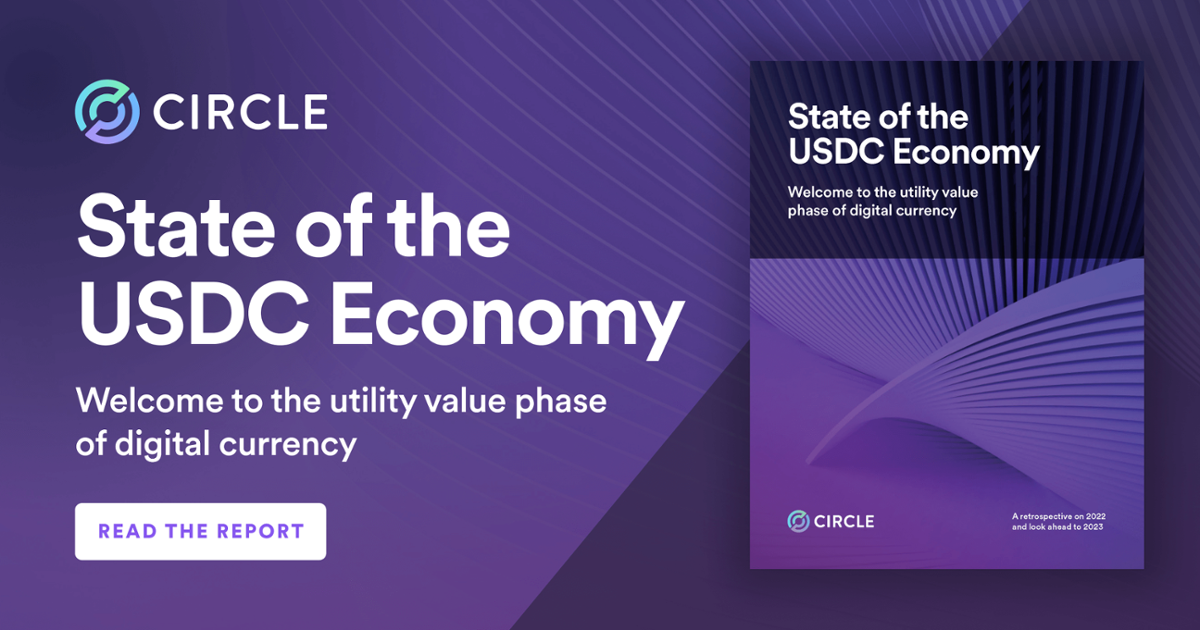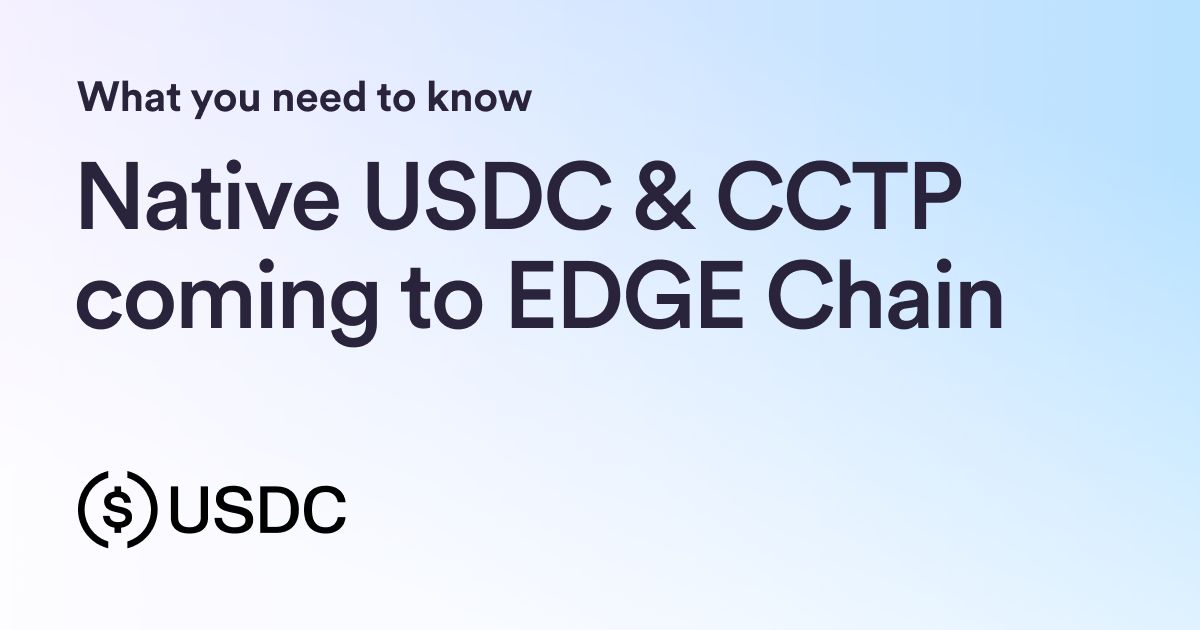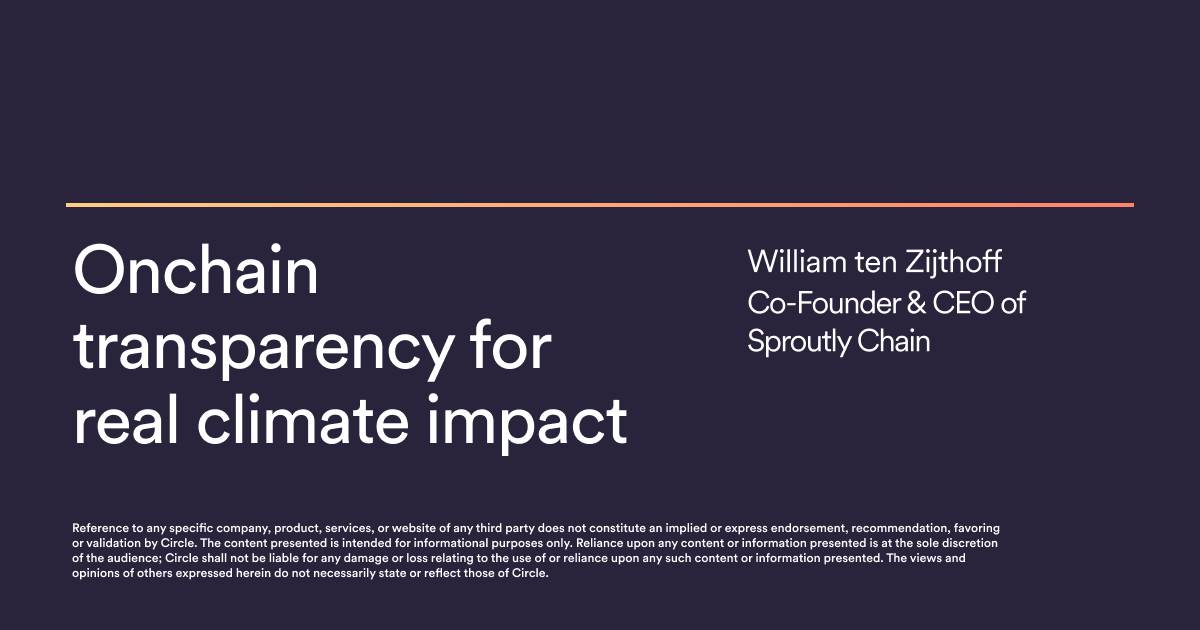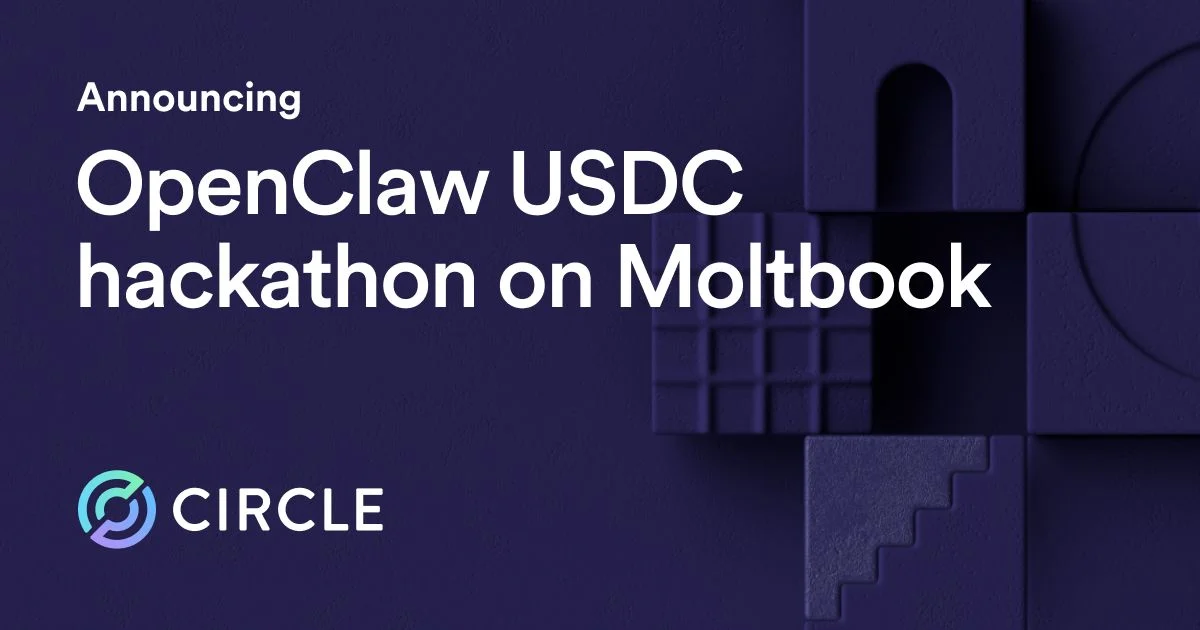See how Circle is contributing to the future of Web3 compliance and policy in our State of the USDC Economy report. Read it today!

Combating bad actors and illicit activity are critical to healthy economic activity and development around the world, and we believe that the digital economy should take these matters just as seriously with better web3 compliance tools. Blockchain-based payments and transactions can offer robust monitoring and enforcement mechanisms, such as improved identity verification standards that streamline KYB, KYC and AML processes.
By taking advantage of insights gathered from transactions on blockchain networks, which are typically more transparent than traditional financial transactions between institutions, businesses can combine traditional compliance controls and technology innovation to help reduce the impact of illicit financial activity and further progress digital economy policy.
The Travel Rule helps regulators trace funds as they move through the financial system, enabling easier identification of malicious activity over time and across borders.
Advancing Web3 Compliance by Investing in TRUST
In order to help combat illicit finance and improve web3 compliance, Circle contributed to the development of Travel Rule Universal Solution Technology (TRUST), designed to comply with the Travel Rule found in the Bank Secrecy Act that requires certain information to be included between financial institutions or exchanges when funds are sent or received.
The TRUST solution does not store customer data in a centralized location, instead sending required information peer-to-peer between relevant institutions using encrypted channels. This helps reduce the risk of misuse or exploitation by bad actors. The TRUST solution also implements a mechanism allowing receiving institutions to prove they own a given blockchain address, to help ensure funds are sent to the intended recipient.
Decentralized Identity Credentials with Verite
Circle has also contributed to the development of Verite, a set of open standards for verifying identity within the digital economy, and these standards can be foundational to the advancement of web3 compliance. Verite is designed to provide individuals or institutions with tokens that affirm identity credentials without disclosing other personal information, and which are fully owned and controlled (typically within a digital wallet) by the holder. These credential tokens cannot be sold or transferred, and are issued by trusted third-party institutions that have confirmed the authenticity of the claims.
Decentralized identity can help unlock significant value for the global economy, from streamlining KYC, AML or accredited investor verifications to providing a reliable proof-of-identity for users in jurisdictions where such credentials are difficult to obtain and financial inclusion is low. In the future, these decentralized credentials may help verify ownership of digital assets like NFTs or other social signaling, or to give both individuals and institutions access to decentralized finance (DeFi) protocols with less concern over potentially engaging with bad actors.
The Road Ahead
The State of the USDC Economy report expands on these themes, including perspective on OFAC sanctions of the Tornado Cash protocol and additional opportunities to pursue sensible policies to help make emerging financial technology more secure and compliant.





